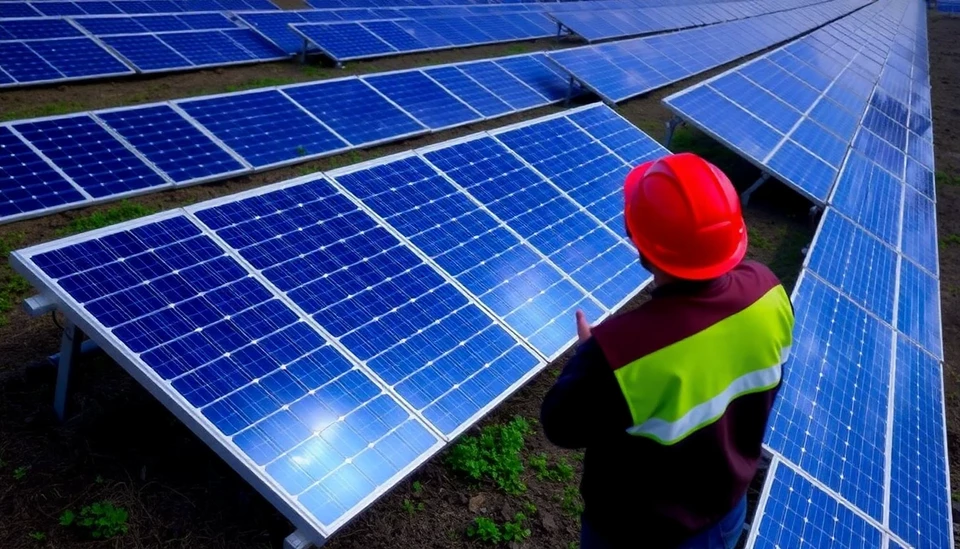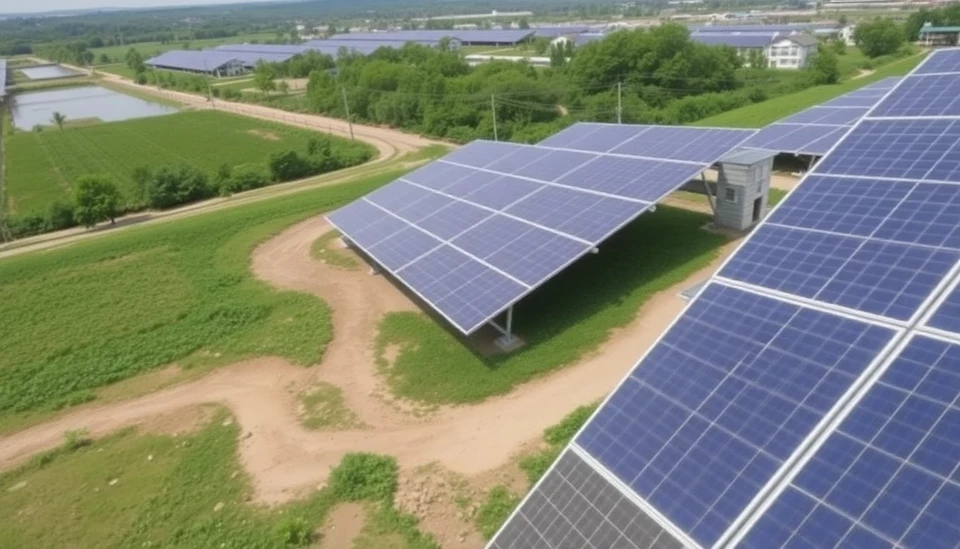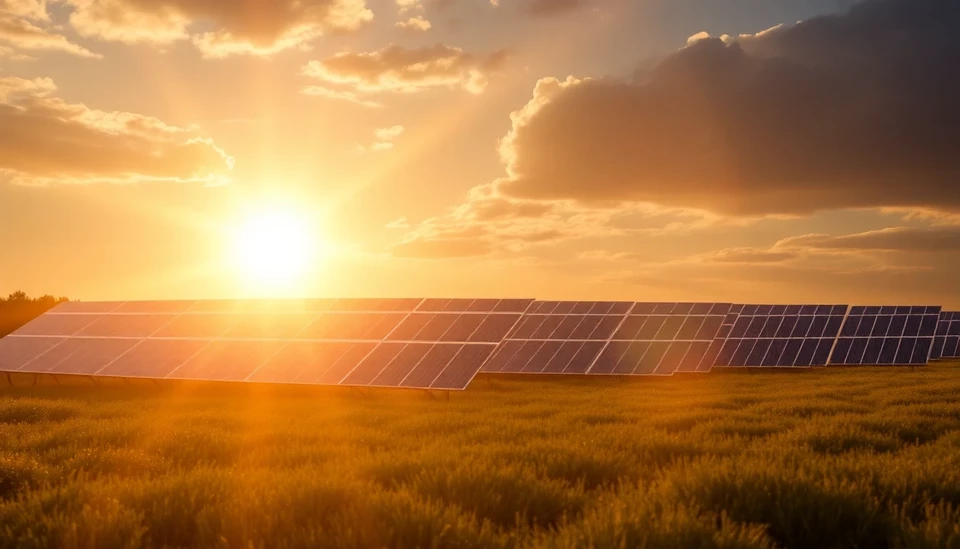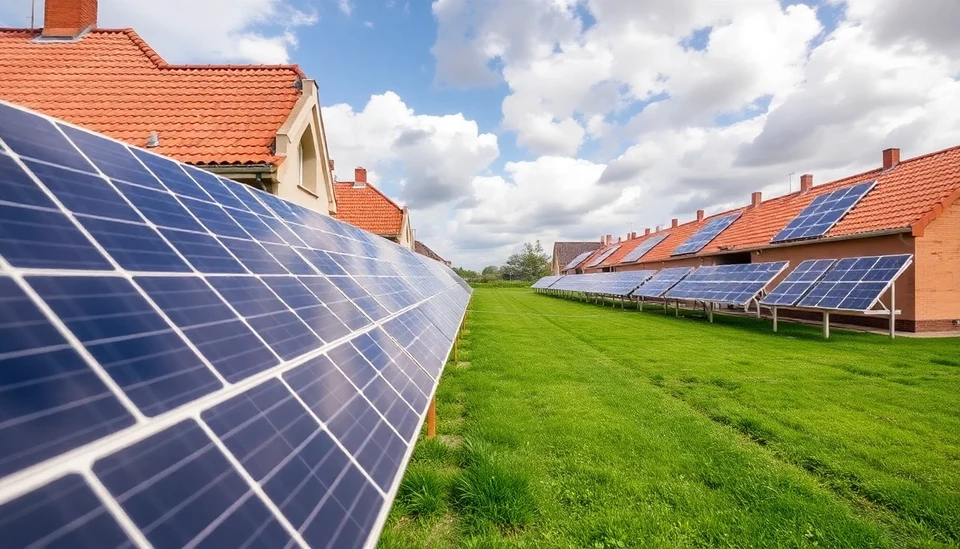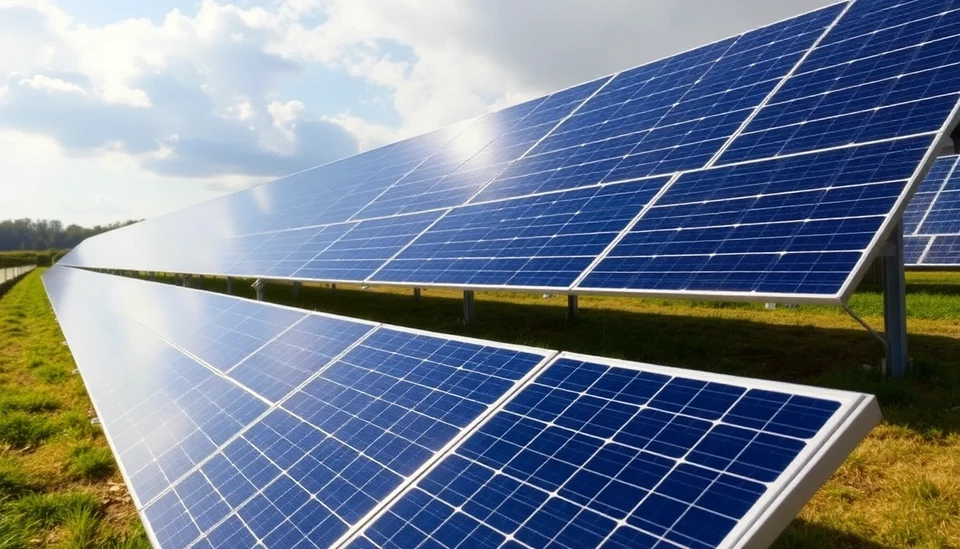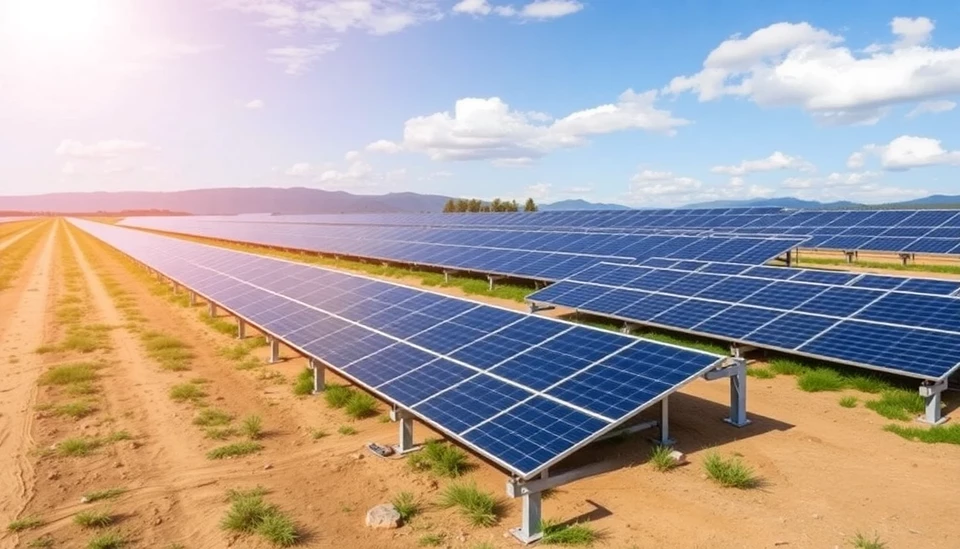
In a significant development for the renewable energy sector, a new tariff bill is poised to impact the millions of solar panels that have been stockpiled across the United States. These panels, which were initially anticipated to play a pivotal role in the country's transition to cleaner energy, now face an uncertain future due to shifting trade regulations.
The proposed legislation, introduced amid rising concerns over domestic manufacturing and international import policies, seeks to impose tariffs on solar equipment imported from various countries. This move is intended to stimulate local production but raises serious concerns among solar providers who have amassed extensive inventories of panels in anticipation of rising demand.
Industry analysts are closely monitoring the implications of this bill, as it may disrupt supply chains that have already been strained by previous tariff policies and the global demand for renewable energy technology. The potential for higher costs associated with the new tariffs could subsequently lead to increased prices for consumers and slow down the rapid adoption of solar energy in the U.S.
Solar companies, which have been gearing up for a boom fueled both by tax incentives and consumer interest in sustainability, may find themselves in a challenging position. The stockpiled panels, many of which were imported in compliance with previous trade agreements, could become subject to these new tariffs, drastically affecting the economics of solar project implementations across the country.
In response to concerns voiced by solar developers and environmental advocates, lawmakers are urged to consider amendments to the bill that would protect existing investments in solar technologies. Yet, as discussions unfold, many stakeholders are left wondering how extensive and lasting this new tariff could truly be.
This latest legislative initiative comes amidst a broader global context where countries are racing to meet ambitious carbon reduction targets, making the implications of such tariffs on solar equipment all the more critical. The development has ignited a debate about the balance between fostering domestic industry and maintaining accessible prices for consumers eager to transition to sustainable energy sources.
As the situation develops, solar industry experts advocate for careful consideration of the effects these tariffs could have not only on supply chains but also on the emergency measures necessary to meet climate goals. With the Energy Department and other federal agencies stepping in to assess the potential impacts, the coming weeks will be fundamental in determining the fate of solar energy in the U.S.
This unfolding scenario illustrates the complexities of energy policy in a time of global transition toward renewable sources, highlighting the urgent need for a sustainable strategy that harmonizes economic growth with environmental stewardship.
With uncertainty hanging over the market, the solar industry must now brace itself for the ramifications of the proposed tariff bill, which could reshape the landscape of solar energy deployment in the country for years to come.
In a renewable energy sector that has historically relied on global partnerships, the outcomes of this legislation will likely resonate far beyond domestic shores, influencing international trade practices and the global push towards sustainability.
As the solar industry navigates this complex new reality, stakeholders are encouraged to engage in discussions with policymakers to find a balanced approach that supports both local manufacturing and the affordable expansion of solar energy deployment.
#SolarEnergy #TariffBill #RenewableEnergy #CleanEnergy #SolarPanels #Sustainability #EnergyPolicy
Author: Sophie Bennett
